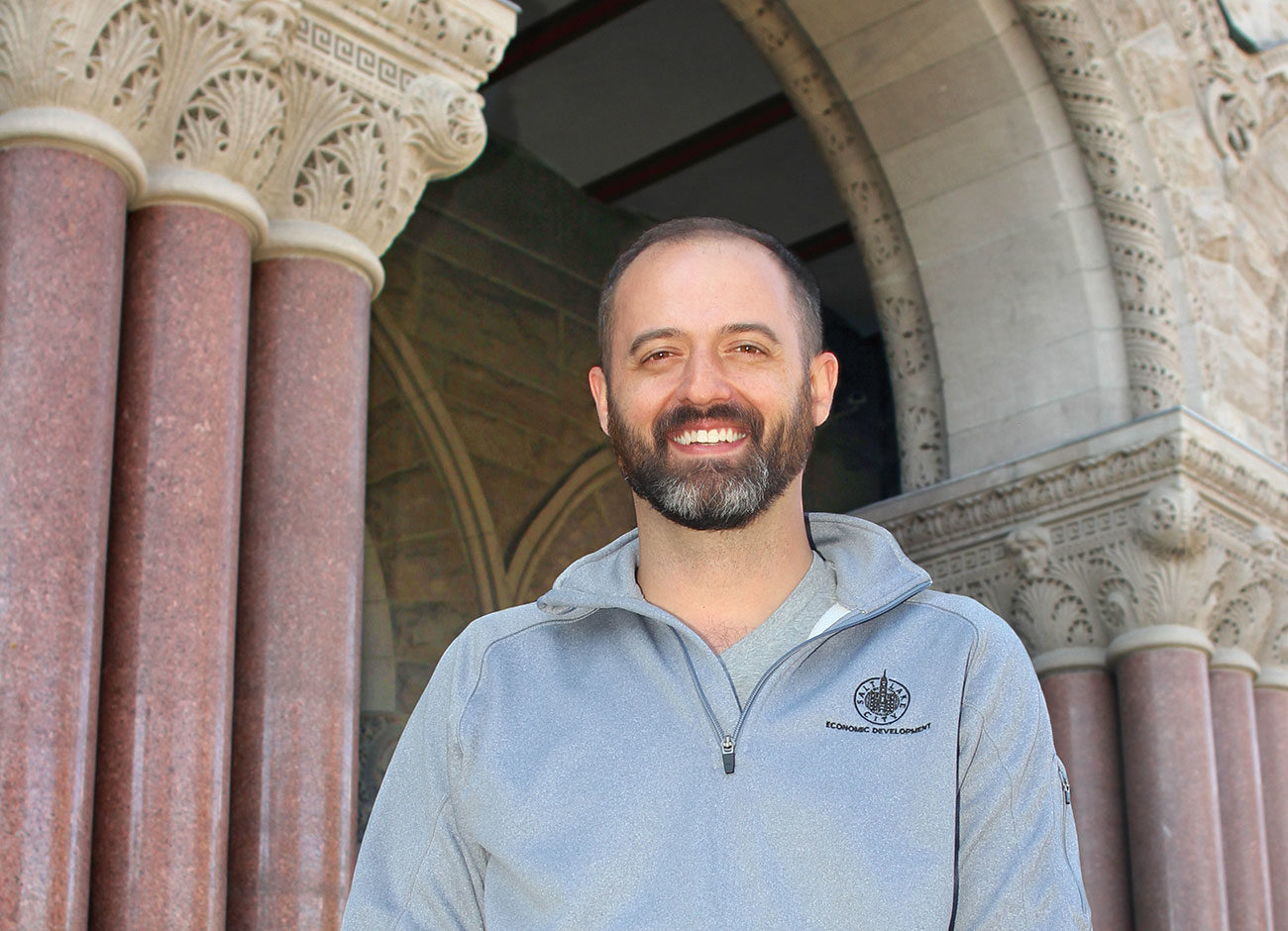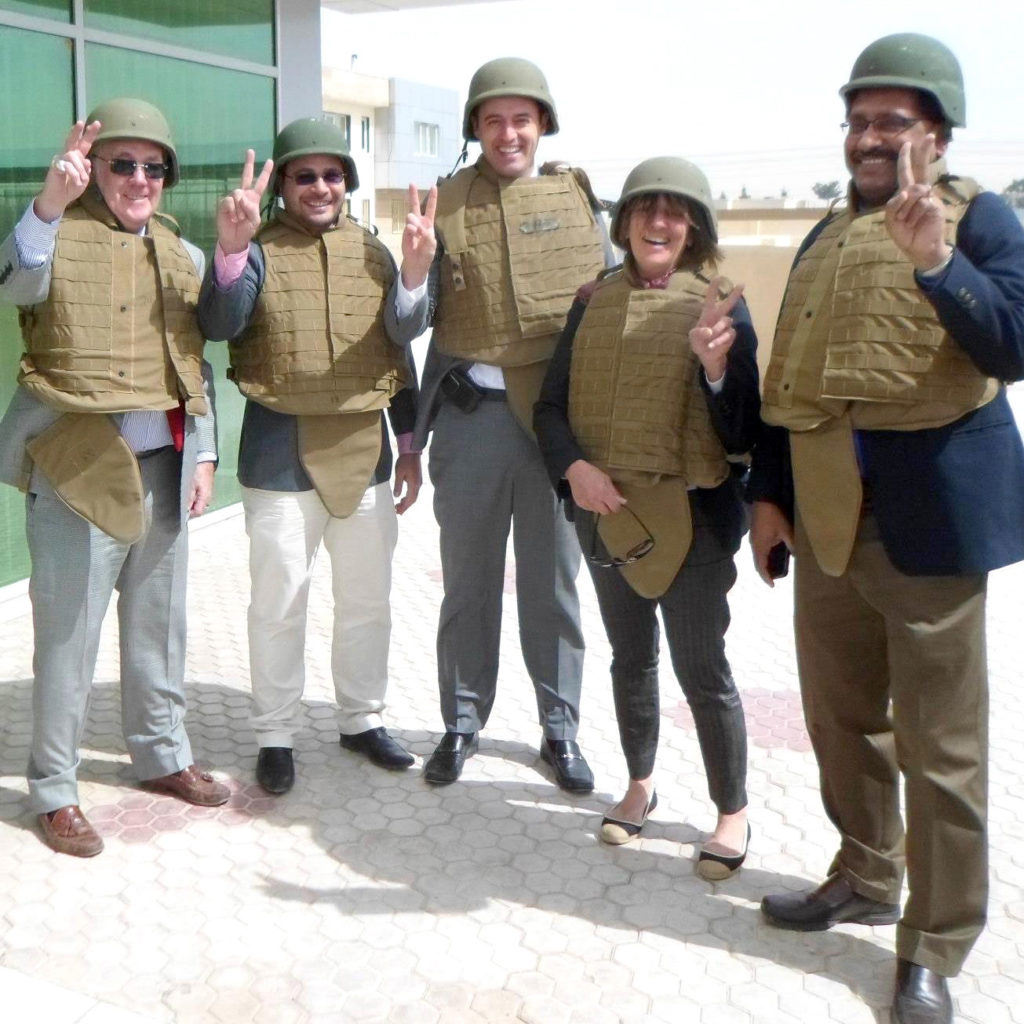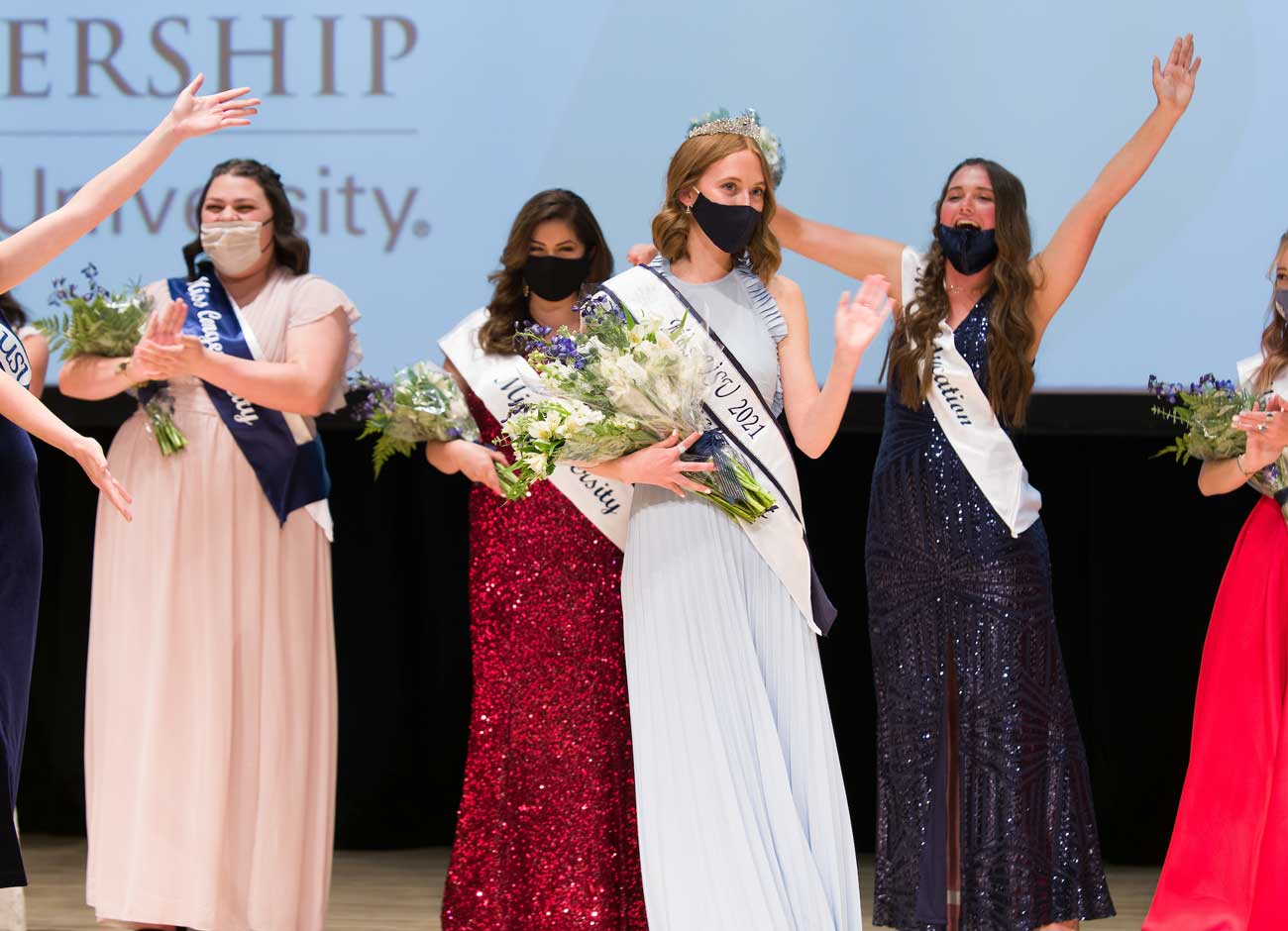A New Path

When discussing the travel he had to do for a previous job, Ben Kolendar doesn’t sound that different from any other business traveler who might rack up frequent-flier miles while regularly jetting off to L.A. or Chicago. Making 27 business trips in four years isn’t really that unusual.
Then Kolendar notes that each journey took the better part of two days, and rather than hop in a taxi after arriving at the airport, he was often greeted by an armored military vehicle.
“I would venture to guess that I probably had more trips to Afghanistan than any other United States official during that time,” Kolendar says.
The acting director of the Department of Economic Development for Salt Lake City makes that statement while sitting in the safety and comfort of a large office in the Salt Lake City and County Building, roughly 7,000 miles away from Kabul.
And while most Americans can hardly think about Afghanistan without inserting the term “war-torn” in front of it, Kolendar has a far different outlook of the country he visited with regularity from 2011-15. During that period, Kolendar worked on a special U.S. Department of Defense task force charged with developing the economy of Afghanistan, which meant he spent most of his time escorting potential investors around the country.
“The U.S. Commercial Service does similar work and does a great job at it,” Kolendar says. “But the reason our task force was there from out of the Pentagon was because we had the ability to basically get outside of the wire and go almost anywhere in Afghanistan with protection and top cover (air support) with high-profile individuals.”
Kolendar admits he was “a little on edge” during his first trip to Afghanistan, but settled into the rhythm of things after a few trips.
“It’s completely different when you go and see it for yourself,” Kolendar adds. “Because of what we see on the news here, you think all of Afghanistan is a war zone. There are terrorist attacks and shootings, but that’s really not the normal. It’s people that are just living their lives. … And our thinking was that if you have a 9-to-5 job that allows you to provide for your family, you’re a lot less likely to join pick up a gun, join the extremists, and look for Americans.”
Kolendar, who spent much of his time in the Herat Province of western Afghanistan trying to help develop the region’s cashmere wool industry, says he came to appreciate the people and history of Afghanistan. And while he and his task force would go into an area and make a supply chain assessment in order to create an economic strategy, they also took great care to try and get to acclimatize themselves to the local culture and establish personal relationships with the Afghans.
“I think we were different in that a lot of people go in there and either want to write checks or tell people what to do,” Kolendar says. “But we did neither of those things. We wanted to go in and try to understand the local community, what their challenges were and help them solve them in a way that is the best fit for them, not necessarily the American way.”

While serving in Salt Lake City’s Office of Economic Development, Utah State University graduate Ben Kolendar helped organize the 68th United Nations Civil Society Conference on Building Inclusive and Sustainable Cities and Communities.
Born in Florida, Kolendar spent time in California as a child before moving to Brigham City and attended all but the final few months of high school there. After graduating from high school in North Carolina, he enrolled in classes at USU Brigham City and eventually transferring to the Logan campus.
Kolendar says he “cast a wide net” while at USU, minoring in religious studies and political science while nearly completing another minor in German. He ended up majoring in philosophy, something Kolendar thinks served him well during a career in public service because what he does involves a lot of critical thinking and analysis.
But Kolendar put off officially completing his degree for a while to be an “eternal intern” in Washington, D.C. And he admits that he took the first of his three internships primarily so he would be able to attend Barack Obama’s first Presidential Inauguration in 2009.
“I just wanted to have a connection to some piece of history with the election of the first African-American president,” Kolendar explains.
After interning at Paltech, Kolendar was able to share in another piece of history when he served as an intern in Ted Kennedy’s office, starting just four months before the longtime senator from Massachusetts died of brain cancer in August 2009. Kolendar, who says he had a fascination with the Kennedy family ever since he was a child, continued to work in the office for another few months after Kennedy’s death, then secured a position at the White House in the Office of Presidential Correspondence.
“That’s essentially a fancy name for the mailroom,” Kolendar says. “But it has the largest presence of interns and volunteers in the White House, and it was just a fascinating place to be.”
That experience led to Kolendar’s position at the Pentagon, and after four years of traveling back and forth to Afghanistan, he briefly served in the Obama Administration as the senior advisor to the executive director of SelectUSA, a government initiative tasked with attracting and retaining foreign business investment.
In 2016, Salt Lake City Mayor Jackie Biskupski created the new Department of Economic Development. Lara Britts was the first director of the department, but after she left for another position last August, Kolendar stepped in to serve as acting director, just as the city was preparing to host the 68th United Nations Civil Society Conference held Aug. 26-28. More than 6,000 people from 138 different countries attended the conference, which was focused on how to create inclusive and sustainable cities and communities.
“It was actually the first time the United Nations had actually ever held it in a U.S. city other than at U.N. headquarters in New York City,” Kolendar says. “Honestly, event planning is not my strong suit. But we created a host committee, which was wonderful because it allowed our community to be involved in a substantial way, not just in the discussion of what the content should be, but the development of the conference itself.
“Our thinking was that if you have a 9-to-5 job that allows you to provide for your family, you’re a lot less likely to join pick up a gun, join the extremists, and look for Americans.” – Ben Kolendar
“We had so many people involved in the planning who are now knitted together forever through the process of bringing the United Nations here.”
Kolendar was recently selected to the “Forty Under 40” list compiled by Utah Business magazine. With new Salt Lake City mayor Erin Mendenhall taking over in January 2020, Kolendar says he’s not certain if he will be retained in the Office of Economic Development, but is comfortable that things will work out for him.
Case in point: While working for the Department of Defense, Kolendar applied for an MBA program at Georgetown University, but due to the Pentagon’s security filters, he didn’t realize that his rejection email had gone to his junk mail folder. Seeking answers, he spoke to an associate dean, who suggested he would need to talk to the dean right away, “’But good luck with that, he’s out of town for a while,’” Kolendar recalls.
“I probably wasn’t supposed to know, but I had heard his assistant saying the dean was going to be in London and when he’d be there,” Kolendar continues. “So, I said, ‘We’ll, I’m going to be in London on those dates, too, so why don’t I go have breakfast with him?’ So, I bought a plane ticket to London, had breakfast with the dean and he said, ‘Wow, you are one aggressive person.’ And I ended up in the program.”
Kolendar completed an MBA with an emphasis in globalization and international trade, despite being the youngest student in a program normally full of senior executives.
“I have no idea if this is true, but I would be surprised if someone else has been rejected from Georgetown and talked their way in,” Kolendar proclaims with a smile.





